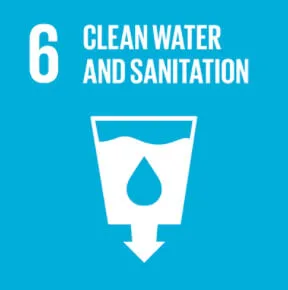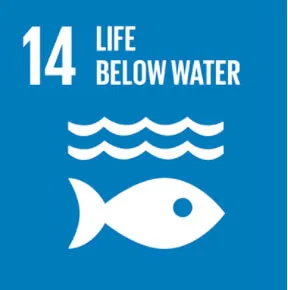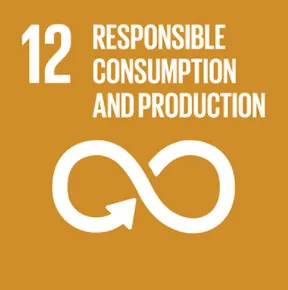
Tairan Our company mainly produces three series of products: water treatment chemical series, water purification filter series and environmental protection packing series.
Our factory covers an area of 43 acres and has two branch factories with 160 employees, including 6 senior engineers and 25 skilled workers. It has production department, laboratory department, financial department and sales department. It has a complete set of production equipment, advanced production technology and perfect testing equipment.
Production scale: daily output: 150 tons-470 tons of industrial grade polyaluminum chloride; 250 tons of drinking water grade polyaluminum chloride; 160 tons of spray type polyaluminum chloride, 130 tons of polyacrylamide
Annual output: 70,000 tons of industrial grade PAC, 50,000 tons of drinking water grade PAC, 50,000 tons of spray-dried PAC, and 50,000 tons of polyacrylamide.
UN Sustainable development goalsThe UN sustainable development goals (SDG) guide us in our work. The SDG are adopted by all United Nations members and consist of 17 global goals which are urgent call for action to end poverty improve health, education and tackling the climate change.
As a company in the water industry, Tairan can make a unique contribution to a selection of the goals.
Efficient wastewater treatment
We improve water quality by developing chemicals and new water purification technologies for wastewater treatment.
Our IntenseOx and CSS technologies remove contaminants, medicine remains, microplastics, toxins, and heavy metals. Read more –>
With this, we are advancing SDG 6
Oceans without microplastics
We remove up to 99,7 % of all microplastics and organic micropollutants from wastewater and sludge with our technologies.
That way, we protect a sustainable marine environment and creates oceans without non-biodegradable elements.
With this, we are advancing SDG 14
Circular use of water
We create new technologies for a circular use of water where we reuse water in the cleaning process.
The process generates clean sludge without chemical residues. By transforming highly degradable organic compounds, it is possible to reuse the sludge.
With this, we are advancing SDG 12


